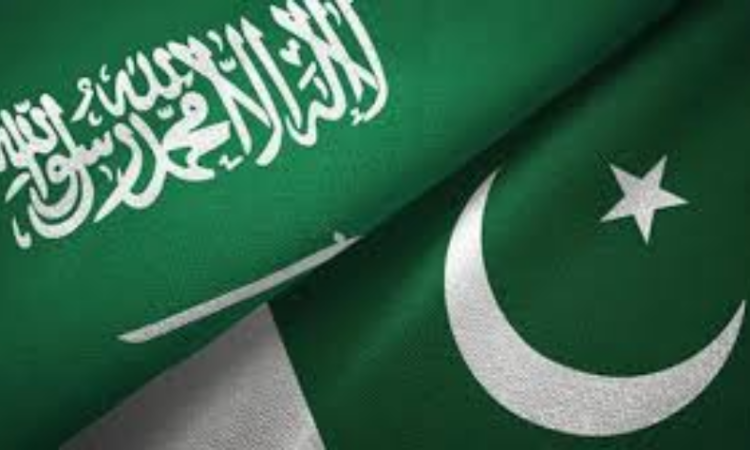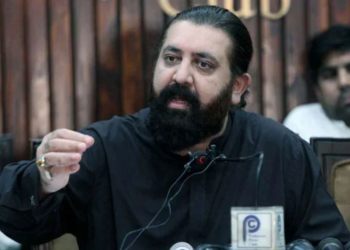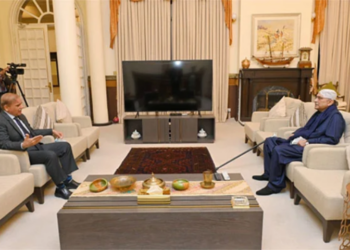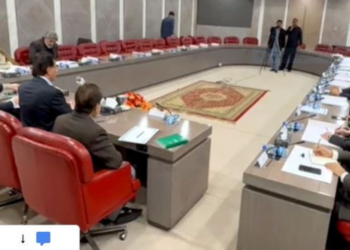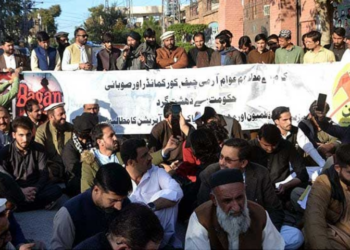Riyadh, December 5, 2024 – The Saudi Fund for Development (SFD), on behalf of the Kingdom of Saudi Arabia, has extended its $3 billion deposit with Pakistan for another year, the State Bank of Pakistan announced on Thursday.
This development follows a meeting between Prime Minister Shehbaz Sharif and Saudi Crown Prince Mohammad Bin Salman during the Prime Minister’s visit to Riyadh two days ago, on the sidelines of the “One Water Summit.” The two leaders discussed enhancing economic, trade, and investment relations between the two countries and expressed satisfaction with the progress of Saudi investment agreements in Pakistan.
In a statement, the central bank confirmed: “The said amount has been placed with the State Bank of Pakistan on behalf of the Islamic Republic of Pakistan.” It further stated that the extension of the deposit term reflects the ongoing support from Saudi Arabia, which will help strengthen Pakistan’s foreign exchange reserves and contribute to its economic growth and development.
The original $3 billion deposit agreement was signed in 2021, with extensions in 2022 and 2023, following royal directives that emphasize the close ties between the two nations.
In addition to this financial support, Pakistan and Saudi Arabia signed several memorandums of understanding (MoUs) worth $2 billion in October to promote bilateral trade and investment. The agreements were finalized during a three-day visit by a high-level Saudi delegation led by the Kingdom’s Investment Minister.
The MoUs cover various sectors, including a $70 million investment in agriculture, the establishment of advanced semiconductor chip manufacturing in Saudi Arabia, the development of a textile industry, a white oil pipeline project, and the exploration of further investment opportunities. Other agreements also involve a hybrid power project, the development of transformer manufacturing facilities, cybersecurity measures, and the export of spices and vegetables from Pakistan.
Furthermore, the agreements include the establishment of a manufacturing facility for surgical and dental equipment and collaboration on Pakistan’s E-Taaleem and digitalization initiatives.
Pakistan, which faced the risk of default in 2022, averted this crisis after securing a short-term bailout from the International Monetary Fund (IMF). This financial assistance came with strict conditions, including structural reforms that raised energy, gas, and fuel prices. Later, in September 2024, the IMF approved a $7 billion extended fund facility (EFF) for Pakistan, with the first disbursement of $1.1 billion.
Over the years, Pakistan has increasingly relied on IMF bailouts, often turning to countries like Saudi Arabia and the UAE for additional financing to meet external targets set by the IMF.



